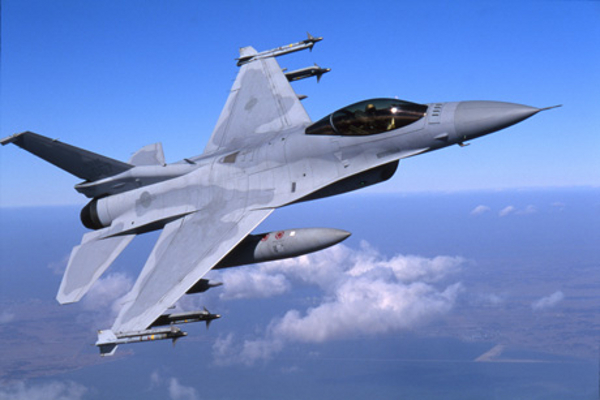
Morocco has taken a significant step in bolstering its military capabilities.
The North African nation is now one of the first six countries worldwide to equip its F-16 fighter jets with the ALQ-254 Viper Shield, an advanced electronic warfare system developed by U.S. defense giant L3Harris Technologies.
Designed to ensure aircraft survivability in hostile environments, the Viper Shield system represents a major leap in electronic warfare technology.
The system is being deployed to enhance the operational effectiveness of Morocco’s fleet of F-16s, marking a key milestone in the country’s military modernization drive.
“Viper Shield provides the level of protection needed on the contemporary battlefield,” said Travis Ruhl, Director of International Development at L3Harris Space & Airborne Systems.
The technology integrates two main functionalities: a radar warning receiver that scans across the radio frequency spectrum to detect and identify threats, and an advanced countermeasure suite that actively jams incoming signals. This dual capability empowers pilots to operate closer to enemy lines while reducing vulnerability to modern air defense systems.
Morocco joins Bahrain, Bulgaria, Jordan, Slovakia, and Taiwan as the initial adopters of the Viper Shield.
The system is currently integrated into new-generation F-16V Block 70/72 models. However, a versatile external pod version, the ALQ-254V(2), is also available for retrofitting older F-16 variants—broadening its appeal to other air forces globally.
In the strategic arms marketplace, several Asian countries including Indonesia, Singapore, South Korea, and Thailand are also eyeing the technology.
L3Harris is expected to announce the first retrofit contract soon, potentially unlocking a robust secondary market.
For Morocco, the acquisition underscores its ambition to position itself as a regional military power with technologically advanced assets.
The deployment of the Viper Shield fits within a broader national strategy aimed at reinforcing defense sovereignty and adapting to contemporary security challenges through technological innovation and international cooperation.



